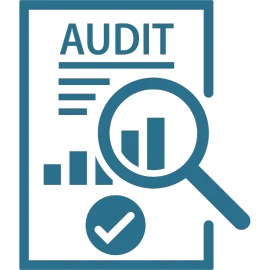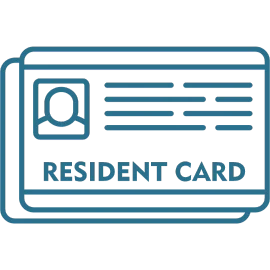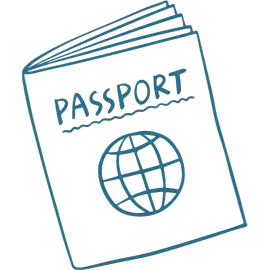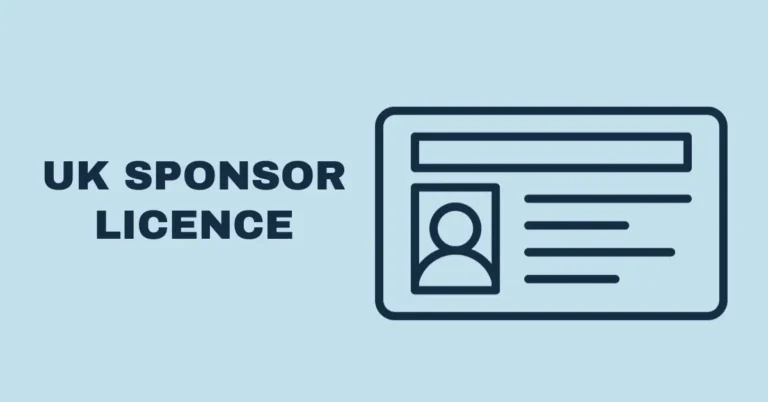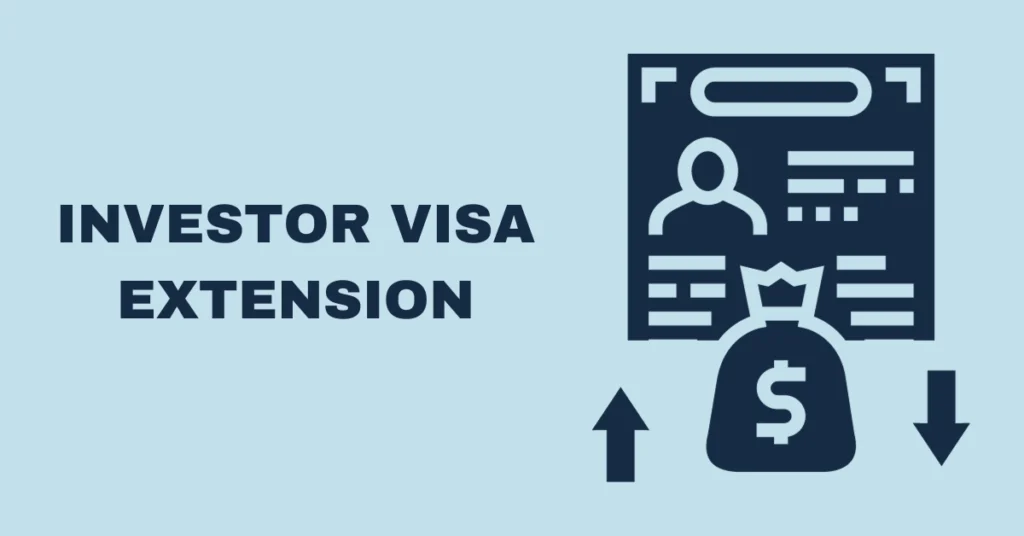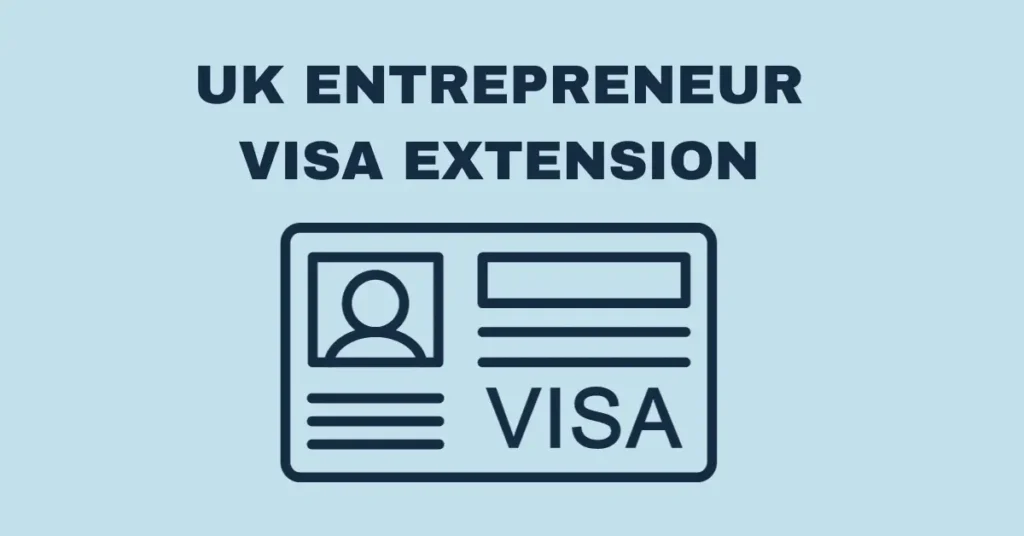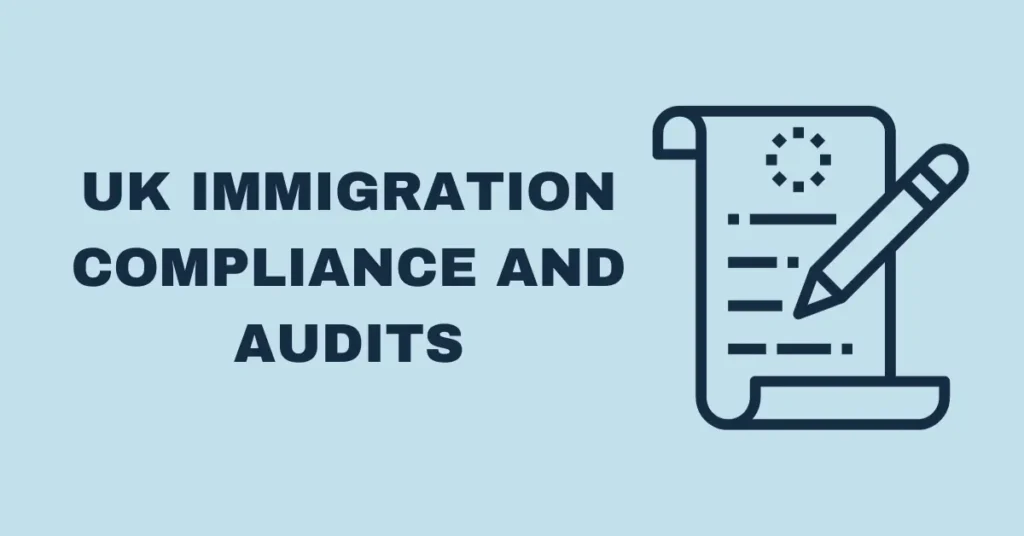A Sponsor Licence, also referred to as a sponsorship licence, empowers UK companies to engage foreign workers. This allows licensed UK businesses to issue Certificates of Sponsorship (CoS) to qualified non-UK nationals, whether situated within or outside the UK, enabling them to apply for a work visa, such as the Skilled Worker Visa. Educational institutions, like universities seeking to enrol international students, must also secure a sponsor licence from the Home Office.
These licences are granted for a 4-year term, after which employers must seek renewal. The application process is stringent, and maintaining the licence necessitates adherence to a rigorous compliance regimen. This involves ensuring that HR processes align seamlessly with the Home Office’s requirements.
For inquiries regarding sponsoring talent from overseas, feel free to reach out to our business immigration lawyers for a telephone consultation at +44 (0) 333 577 0034 or via email at mail@jpsimmigration.com.
Requirements for Sponsor Licence Application
To qualify for a sponsor licence application, you must satisfy the following criteria:
- Legitimate Operation:
- Operate as a genuine, lawful entity in the UK.
- UK-Based:
- Have a presence and be established in the United Kingdom.
- Non-Threat to Immigration Control:
- Demonstrate that your activities do not pose a threat to immigration control.
- Key Personnel Integrity:
- Ensure that key personnel associated with your organisation are characterised by honesty and dependability.
- Effective HR System:
- Maintain an adequate and efficient HR system that enables the seamless fulfilment of your obligations as a licensed sponsor over time.
For further information on sponsor licence eligibility, please don’t hesitate to contact our team.
Sponsor licence business eligibility requirements
Businesses applying for a sponsor licence must be genuine and legally operating in the UK as a PLC, Ltd, LLP or Sole Trader. This means they are a bona fide business with a UK presence operating within the law. For a business to have a UK presence, it must be set up and based in the UK, e.g. a limited company or LLP must be incorporated with Companies House. They must also hold the appropriate planning permission or the Local Planning Authority’s consent for the type of business operated at the trading address.
There is nothing to stop a new start-up business from applying for a sponsor licence. However, businesses that have been operating or trading in the UK for less than 18 months must provide evidence of a current corporate bank account with an FCA and PRA-registered UK bank.
Depending on the type of sponsor licence a business is applying for, there could be additional business eligibility requirements. For example, businesses applying for a UK Expansion Worker sponsorship licence must not have an active trading presence in the UK, but they must have a UK ‘footprint’.
Suitability Requirements for Sponsor Licence
In the course of the UK sponsor licence application process, businesses are required to demonstrate their integrity, reliability, and dependability. They must also showcase their ability to fulfil the responsibilities inherent in being a sponsorship licence holder. Specifically, the business should:
- Implement Effective HR Systems:
- Have robust HR systems in place that effectively manage sponsor duties.
- Readiness for Compliance Visits:
- Be prepared for UKVI compliance visits, whether they are announced or unannounced, at all times.
- Clear Criminal Record:
- Have no unspent criminal convictions related to prior immigration offences or tax evasion.
- Demonstrate Compliance History:
- Exhibit no evidence of non-compliance with previous sponsorship licences.
- No Recent Licence Revocation:
- Not have had a sponsor licence revoked within the last year.
These stringent requirements underscore the commitment to maintaining high standards of compliance and reliability as a sponsor licence holder.
Genuine Business Need Requirements for Sponsor Licence
In the process of applying for a sponsor licence, businesses are obligated to demonstrate a bona fide requirement to engage overseas workers. This necessitates successfully passing the genuineness test for sponsorship. To fulfil this test, the business must have a genuine intention to sponsor individuals for eligible roles and possess the capacity to meet the skill and salary prerequisites for each job category. The Home Office will scrutinise the suitability of the intended roles within the context of the business type and its existing job landscape. It is crucial to emphasise that meeting the genuineness test is imperative not only during the application phase but also throughout the lifespan of the sponsor licence.
Businesses are expected to furnish details about the specific roles they aim to fill through sponsorship and any prospective candidates under consideration. While there isn’t a strict requirement to provide exhaustive recruitment details, doing so can enhance the robustness of the application.
This underscores the significance of aligning the sponsorship initiative with the genuine needs of the business, a critical aspect assessed by the Home Office throughout the licensing period.
Key Personnel Requirements for Sponsor Licence Application
During the sponsor licence application process, UKVI will request the names of all key personnel. Key personnel are required to be British citizens, possess no unspent criminal convictions, be on the payroll, and maintain no familial relationship with the candidate. There are four primary types of key personnel:
- Authorising Officer:
- A senior individual holding ultimate responsibility for the licence, managing any immigration issues, and ensuring compliance with all sponsorship licence duties.
- Key Contact:
- The primary point of contact with the Home Office, responsible for communication and coordination.
- Level 1 & 2 Users:
- Individuals designated as Level 1 and Level 2 users are tasked with the day-to-day management of the SMS system, overseeing its operations.
These key personnel play pivotal roles in upholding the integrity of the sponsorship process and fulfilling various responsibilities associated with the licence. Their qualifications and adherence to specific criteria are crucial factors considered by UKVI during the evaluation process.
Varieties of Sponsor Licences for Employers
Employers have access to two primary types of sponsor licences, catering to distinct employment needs: worker licences for skilled or long-term positions and temporary worker licences. When seeking a licence, businesses must specify the type they require in their application and subsequently only recruit international staff aligned with the granted licence. Depending on eligibility and specific requirements, businesses can apply for various subcategories within the worker licences.
Worker Licence: A “Worker” licence is designated for employers seeking to engage skilled international workers on a short-term, long-term, or permanent basis. Worker licences cover several specific visa categories, encompassing:
- Skilled Worker
- Scale-up Worker
- Senior or Specialist Worker Visa (replacing the Intra-company Transfer visa)
- Minister of Religion
- International Sportsperson
Temporary Worker Licence: A “Temporary Worker” licence empowers UK-based employers to enlist international staff for short-term, temporary roles, including volunteers. It is crucial to recognise that not all positions are eligible for sponsorship. For instance, under the skilled worker sponsor licence, candidates must satisfy the UK points-based system requirements. Sponsorship entails paying at least the minimum salary for the relevant role, with the specific figure contingent on factors such as the role’s ‘going rate,’ the candidate’s qualifications (e.g. PhD), age, and whether they are new to the job market. Prior to considering sponsorship for a prospective employee, a thorough examination of the requirements for the relevant work visa is strongly recommended.
How to Apply for a Sponsor Licence
Becoming a sponsor involves navigating several essential steps. Here’s a comprehensive guide:
- Select License Categories/Tiers:
- Determine the specific categories or tiers that the business intends to include in its licence.
- Evaluate Eligibility and Suitability:
- Assess eligibility and suitability for each chosen category/tier, making necessary adjustments to HR systems as needed.
- Designate Key Personnel:
- Identify key personnel, including the Authorising Officer, Key Contact, Level 1 and Level 2 users of the Sponsor Management System.
- Compile Supporting Documents:
- Gather the required documents to accompany the application, ensuring completeness and accuracy.
- Determine CoS Requirements:
- Decide on the number of Certificates of Sponsorship (CoS) to be requested for the initial year of the licence.
- Online Application Submission:
- Complete and submit the online application along with hard-copy documents to the Home Office.
- Prepare for Home Office Site Visit:
- Where applicable, get ready for and participate in a Home Office site visit to the organisation’s offices.
- Await Decision:
- Receive the official decision from the Home Office.
This comprehensive process underscores the importance of meticulous planning, adherence to specific personnel roles, and thorough documentation. It ensures a smooth and successful application for businesses seeking to obtain a sponsor licence.
Sponsor Licence Required Documents: Appendix A
Within Appendix A, the Home Office details the array of potential documents that UK sponsor licence applicants may need to submit. Typically, a minimum of four documents is required, although exemptions exist for public bodies recognised by the UK Government, such as local authorities or companies listed on the London Stock Exchange Main Market.
Depending on your business and the specific licence sought, you may need to submit some or all of the following documents (this list is illustrative, not exhaustive):
- Evidence of Genuine and Active Business:
- Accounts for the most recent financial year.
- Contracts for Goods or Services:
- Covering at least the 12-month period before the application date.
- Corporate Bank Account Evidence:
- Confirmation of a current corporate bank account registered with the Financial Conduct Authority and the Prudential Regulation Authority in the UK.
- VAT Registration Certificate:
- Valid proof of VAT registration.
- Franchise Agreement:
- If applicable to your business structure.
- Registration Evidence:
- Documentation supporting your business registration.
- Endorsement from a Governing Body:
- Especially relevant for religious worker sponsorship.
- Religious Worker Sponsorship Details:
- Pertinent information including connections to parent organisations, hierarchy charts, congregation size, clergy employment details, meeting place addresses, and worship schedule.
- Proof of Connection to a Qualifying Overseas Business:
- Demonstrating common ownership or control or through a joint venture agreement.
- Evidence of Graduate Training Programme:
- If applicable to your sponsorship needs.
- UK ‘Footprint’ Proof:
- Detailing your presence in the UK.
- Overseas Trading Presence Evidence:
- Demonstrating your business’s trading activities abroad.
- Planned UK Expansion Evidence:
- Documenting your intended expansion into the UK.
Additional Supporting Documents: In addition to the above, you might also be asked to provide:
- Organisation Hierarchy Chart:
- Illustrating the structure of your organisation.
- Employer’s Liability Insurance Certificate:
- Covering at least £5 million from an FCA-authorised insurer.
- Evidence of Listing:
- On the London Stock Exchange AIM market, as an overseas company on the London Stock Exchange International Companies, or on FCA-approved international stock exchanges.
- Self-Assessment Tax Return:
- SA300 or SA302 to HMRC.
- Company Tax Return:
- CT620 or CT600.
- Licence for Alcohol Service:
- Issued by the local authority or court for your premises.
Sponsor Licence Fees
The application fees for UK sponsor licences vary based on the type of licence and the size of the sponsoring entity. The breakdown is as follows:
Type of Licence
- Small or Charitable Sponsors
- Worker Licence: £536
- Temporary Worker Licence: £536
- Worker and Temporary Worker Licence: £536
- Adding a Worker Licence to an existing Temporary Worker Licence: No cost
- Adding a Temporary Worker Licence to an existing Worker Licence: No cost
- Medium or Large Sponsors
- Worker Licence: £1,476
- Temporary Worker Licence: £536
- Worker and Temporary Worker Licence: £1,476
- Adding a Worker Licence to an existing Temporary Worker Licence: £940
- Adding a Temporary Worker Licence to an existing Worker Licence: No cost
To qualify as a small or charitable sponsor, your business must meet at least two of the following criteria:
- Annual turnover of £10.2 million or less
- Total assets of £5.1 million or less
- 50 employees or fewer
Understanding Sponsor Licence Number and Certificate of Sponsorship (CoS)
A sponsor licence number serves as a unique identifier featured on a Certificate of Sponsorship (CoS), a crucial document employed by overseas workers when seeking a work visa. The CoS is an electronic record containing vital details about the job offer, encompassing the nature of the position and the duration of the employment.
An appointed representative within your organisation can request a CoS through the Sponsorship Management System (SMS). Upon approval by the Home Office (typically within one day), the CoS is issued to the overseas worker, confirming their job offer and enabling them to apply for a work visa.
The cost of a CoS ranges from £25 to £239, contingent on the type of licence held.
Defined CoS: Issued exclusively to Skilled Worker visa applicants applying from outside the UK, businesses must secure and be granted a defined CoS before assigning it to a skilled worker.
Undefined CoS: Applicable to candidates switching to a Skilled Worker visa within the UK and for all other visas, whether applied for within or outside the UK. Businesses indicate the number of undefined CoS they anticipate needing in the initial year of sponsorship. The assignment of Undefined Certificates of Sponsorship to sponsored workers is facilitated without the necessity of submitting an application each time.
Understanding Sponsor Licence Duties
The Home Office requires assurance that companies seeking a sponsor licence not only comprehend but also possess the capability to fulfil their sponsor duties. In practical terms, sponsoring businesses must establish and maintain the requisite systems and processes to:
- Record, Report, and Monitor Absences:
- Maintain accurate records, promptly report any changes in circumstances, and consistently update the sponsorship management system. This includes a comprehensive approach to monitoring and reporting absences, detailed in the section below.
- Skills Assessment and Visa Criteria:
- Ensure that sponsored workers possess the necessary skills and meet the criteria essential for the UK sponsorship visa they intend to apply for.
- Conduct Right-to-Work Checks:
- Execute thorough right-to-work checks within the UK to validate the eligibility of sponsored workers.
- Document Management:
- Scrutinise and maintain specific documents related to the recruitment of overseas workers, establishing a comprehensive and organised document management system.
- Reporting Obligations to the Home Office:
- Promptly report certain events to the Home Office, such as the departure of a sponsored worker or significant changes to the business. Notably, under the current system, there is no longer a requirement to conduct a Resident Labour Market Test.
Monitoring and Reporting: Businesses must actively monitor sponsored workers and maintain meticulous records, encompassing current and past contact details, addresses, passport copies, work absences, biometric residence permits (BRP), employment contracts, and National Insurance (NI) numbers.
Changes in circumstances necessitate reporting via the Sponsorship Management System (SMS) to UKVI. This includes alterations to business details, such as changes in ownership, and adjustments to sponsorship arrangements, for instance, if a sponsored worker discontinues their employment.
This robust approach to monitoring and reporting ensures compliance with sponsor duties and enhances the effectiveness of the sponsorship management system.
Understanding Sponsor Licence Compliance Visits
To ensure steadfast adherence to the responsibilities and obligations of being a sponsor, a UKVI compliance officer may conduct a meticulously planned or impromptu compliance visit at any juncture. Compliance visits can occur both before the issuance of a sponsor licence (pre-compliance visit) and after the licence has been granted.
During a pre-compliance visit, a representative from UKVI will meticulously scrutinise whether the sponsor has established the requisite systems and processes. This encompasses maintaining meticulous records, accurately reporting changes, and appropriately monitoring staff. Additionally, the visit assesses the genuineness and legitimacy of the business. The compliance officers wield the authority to reject a sponsor licence application if they perceive that the organisation falls short of the eligibility and suitability requisites or if the essential systems and processes are not effectively in place.
Post-licence issuance, compliance officers continue their oversight to confirm that the business diligently adheres to monitoring, reporting, and record-keeping practices as outlined in their sponsorship licence duties. If the compliance officer finds any shortcomings, they possess the authority to downgrade, suspend, or revoke the sponsor licence.
During a Pre-Compliance Visit, UKVI Representatives Will:
- Verify that the sponsor has established and maintains the necessary systems and processes.
- Assess the accuracy of records and the reporting of changes.
- Evaluate the legitimacy and trading status of the business.
Post-Licence Issuance, Compliance Officers Will Verify:
- Diligent adherence to monitoring, reporting, and record-keeping practices.
- Compliance with sponsorship licence duties.
This comprehensive oversight underscores the pivotal role of compliance visits in upholding the integrity of the sponsorship system and ensuring sponsors fulfil their obligations appropriately.
Understanding Sponsor Licence Ratings
The sponsor licence rating for an employer can fall into one of two categories: ‘A’ or ‘B’. Initially, businesses obtaining a new employer sponsorship licence are automatically assigned an ‘A’ rating. However, if the Home Office harbours concerns about a business’s adherence to sponsorship duties, it has the authority to downgrade the sponsor to a ‘B’ rating. Under this rating, the sponsor is restricted from issuing any new Certificates of Sponsorship until they address identified issues and demonstrate improvements, thereby regaining their ‘A’ rating.
In the event of a downgrade to a ‘B’ rating, failure to prove to the Home Office that all compliance issues have been rectified may lead to the potential revocation of the sponsor licence. Such a scenario would result in the curtailment (shortening) of leave for any sponsored workers. Engaging the services of an immigration solicitor is crucial in navigating the process and facilitating the restoration of the UK sponsor licence.
Key Points Regarding Sponsor Licence Ratings:
- Businesses initially receive an ‘A’ rating upon obtaining a new employer sponsorship licence.
- The Home Office may downgrade a sponsor to a ‘B’ rating if concerns arise about compliance with sponsorship duties.
- A ‘B’ rating restricts the issuance of new Certificates of Sponsorship until improvements are made.
- Failure to address compliance issues may lead to licence revocation, impacting sponsored workers.
- Seeking assistance from an immigration solicitor is advisable to navigate the complexities of restoring a UK sponsor licence.
Addressing a Refused Sponsor Licence Application
The refusal of a sponsor licence application can stem from various factors, necessitating careful consideration and potential remedial actions. Common reasons for refusal include:
- Non-Compliance with UK Sponsorship Licence Requirements:
- Failing to meet the stringent compliance requirements integral to a UK sponsorship licence.
- Delayed Response to Home Office Inquiries:
- Inadequate or untimely responses to inquiries from the Home Office.
- Concerns Regarding Application Authenticity:
- Doubts about the genuineness of the submitted application.
- Unspent Criminal Convictions:
- The presence of unspent criminal convictions affecting the suitability of the application.
- Submission of Incorrect or False Information:
- Providing inaccurate or false information during the application process.
Navigating the Cooling-Off Period Following Refusal: After a sponsor licence application is refused, a cooling-off period ensues. During this period, it becomes imperative to reassess the application, address the identified concerns, and consider potential enhancements before reapplying.
Seeking professional guidance from immigration experts can be invaluable in comprehending the specific grounds for refusal and formulating a strategic approach for a successful reapplication.
Additional Considerations:
- Understanding the intricacies of the refusal grounds.
- Formulating a detailed response to address concerns raised during the initial application.
- Utilising the cooling-off period effectively to enhance the application’s strength.
- Engaging immigration specialists to guide and support the reapplication process.
By comprehensively addressing the reasons for refusal and adopting a strategic approach, applicants can navigate the complexities and enhance the likelihood of a successful sponsor licence application upon reapplication.
Sponsor Licence Renewal Process
Renewing a sponsor licence is a crucial obligation for sponsoring businesses, requiring submission every four years. To ensure seamless sponsorship continuity, it is paramount to initiate the renewal application well in advance of the licence’s expiration. Before proceeding, businesses must verify that they persistently meet the sponsorship requirements aligned with their chosen route and that their operational systems and processes remain conducive to fulfilling their duties.
The renewal application for a sponsorship licence can be conveniently conducted online through the Sponsorship Management System. The associated fee for small businesses or charitable sponsors is £536, while medium and large businesses incur a fee of £1,476.
Key Considerations for Sponsor Licence Renewal:
- Timely Application:
- Initiate the renewal process sufficiently ahead of the sponsor licence’s expiry date to prevent any interruption in sponsorship.
- Continuous Compliance Assessment:
- Ensure ongoing compliance with sponsorship requirements and confirm the adequacy of systems and processes before renewal.
- Online Application Procedure:
- Utilise the Sponsorship Management System for the streamlined completion of the renewal application.
- Applicable Renewal Fees:
- Small businesses or charitable sponsors are subject to a £536 fee, while medium and large businesses face a £1,476 renewal fee.
Navigating the sponsor licence renewal process diligently guarantees the uninterrupted continuation of sponsorship privileges and reinforces the commitment to meeting all associated obligations.
Frequently Asked Questions
What is the duration of the sponsor licence application process?
Typically, sponsor licence applications are processed within a span of 2 months. However, for expedited decision-making, an option is available to accelerate the process for a fee of £500, providing a decision within 10 working days. It’s important to note that the Home Office restricts the number of these priority applications, with a limited daily allocation on a first-come, first-served basis. Upon submission of your application, you will receive guidance on eligibility for the priority application service and the requisite steps to utilise it effectively.
What is the maximum number of employees you can sponsor in the UK?
In the present immigration framework, there is no limit on the quantity of Skilled Worker visa holders you can sponsor. Nevertheless, it is crucial to offer a well-justified estimate to the Home Office. When applying, you will be required to provide an estimate of the number of Certificates of Sponsorship (CoS) needed for each year.
What is the required minimum turnover for a business to qualify for a sponsor licence?
There exists no obligatory minimum turnover threshold for a business to qualify for a sponsor licence. Similarly, there are no prescribed requirements concerning the duration of trading or the size of the workforce.
Who is eligible to submit a sponsor licence application in the United Kingdom?
Any UK-based entity desiring to sponsor foreign workers, including both temporary and long-term staff, along with educational institutions like schools and universities hosting international students, as well as overseas businesses with a presence or subsidiary in the UK, is eligible to pursue a sponsor licence.

























